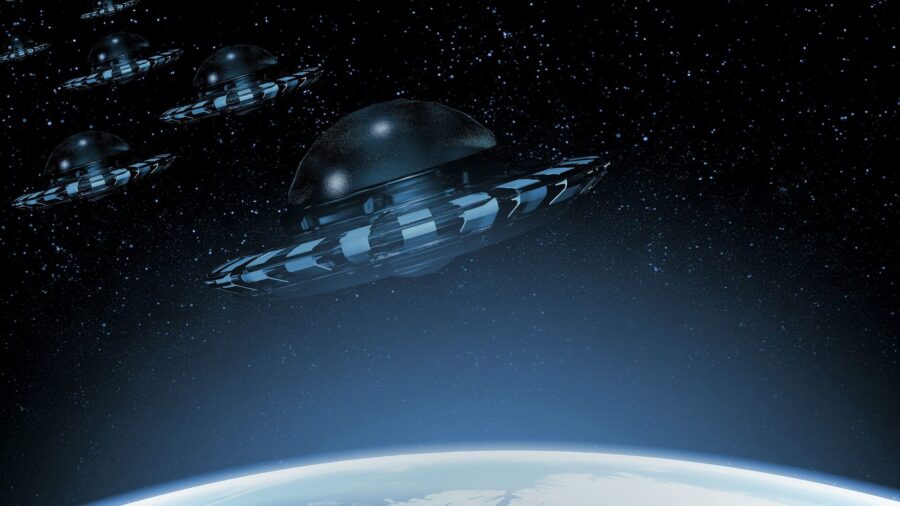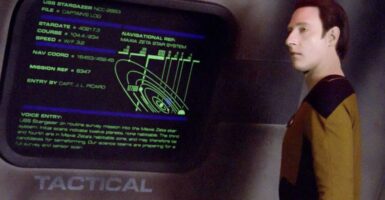Crashed Meteor May Have Been A UFO, Scientists Say
Professor Abi Loeb is leading an expedition to determine if an object that fell in the Pacific Ocean is a UFO.
This article is more than 2 years old
A Harvard professor believes that a meteor that crashed into the ocean near Australia in 2014 might have actually been a UFO. Now, Professor Abi Loeb is leading a $2.2 million scientific expedition (per 7 News in Australia) into the middle of the southwestern Pacific Ocean in order to recover the mysterious space object. For many, life in space is an unquestionable reality, while others find the idea of aliens hard to believe. While many believe the limited knowledge we have of life on other planets is due to the government conspiracies covering up UFO sightings, others believe that we just haven’t received enough evidence here on earth yet.
Nearly a decade ago, the meteor crashed into the Pacific Ocean, about 160km off the coast of Papua New Guinea, an island country in Oceania just north of the coast of Queensland, Australia.
The material that formed the meteor is tougher than iron, which has led scientists to wonder if the body of space matter is simply an unusual rock or perhaps something more unusual—a bit of a spacecraft created by an alien species from a developed civilization far, far away from our planet. This expedition has been created to discover which one it is. Whether unusual rock or UFO, we will soon find out.

Loeb’s project received full funding, which will allow them to excavate the ocean floor and investigate the materials that fell from the sky eight years ago.
This type of meteor is one of only three similar objects to be discovered near Earth. The pancaked-shaped UFO, Oumuamua, was discovered in 2017. Oumaumua is an unidentifiable flying object that was in a hyperbolic orbit in our solar system and is speculated to be either a bit of alien spacecraft or a chunk from an unknown planet.
In 2018, the first-known interstellar comet, Borisov, was discovered and is considered the only other known interstellar object to have flown into our solar system. If Loeb’s hypothesis is correct, the Oceanic meteor would be confirmed as the third interstellar bit of space to come within Earth’s reach. This would make the three the only confirmed interstellar connections ever, and all within a single decade.
Scientist and Harvard professor, Loeb, is a firm believer that aliens exist, and he hopes that his UFO project will give humans more answers to confirm this. He argues that because our solar system’s sun is five billion years younger than most of the universe’s stars, the idea of another civilization being formed and learning how to create spacecraft is not inconceivable. “There was plenty of time for them to send probes that would reach us,” he said.
Loeb proposes the valid argument that humans shouldn’t assume we are the “smartest kids” in the cosmic universe and that we have much to learn from our alien neighbors if they do exist. Loeb hopes to learn much from his expedition, and he will continue to look within space, Earth’s ground, and the ocean floor to find the answers he is looking for.
Any findings from Loeb’s mission will be placed in the Museum of Modern Art in New York City.










